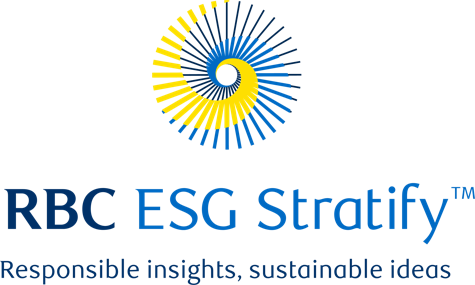 |
Greg Pardy authored RBC ESG Stratify™: Pathways Alliance, published on February 7, 2023. For more information or to access the full report, please contact your RBC Capital Markets representative |
Steering the Future
The Pathways Alliance has roots that stretch back to 2020 as the pandemic was intensifying when the leaders of member companies began to discuss their decarbonization initiatives. What seemed abundantly clear was that collaboration amongst oil sands producers on decarbonization would trump solo efforts. In 2021, Canadian Natural Resources, Suncor Energy, Cenovus Energy, Imperial Oil, MEG Energy, and ConocoPhillips Canada, which collectively operate about 95% of oil sands production, formally announced the Oil Sands Pathways to Net Zero Alliance.
We know of no other jurisdiction in the world where a half-dozen leading energy producers have chosen to collaborate with a comprehensive goal of net zero Scope 1 & 2 GHG emissions by 2050.
The motivation for oil sands decarbonization rests on maintaining a social license to operate and thrive, retaining long-term access to capital, and helping Canada to meet its climate goals.
Three Phase Approach
Pathways will be executed via a three-phase approach anchored by CCUS and a trunk-line that will connect the oil sands to a carbon sequestration hub near Cold Lake Alberta: dropping CO2e by 22 Mtpa by 2030 and 25 Mtpa by 2040, and finishing the job by 2050.
The Here and Now
Pathways will invest approximately $100 million in 2023 across a variety of initiatives including engineering and design, stakeholder consultation, and R&D to advance its decarbonization objective.
The projects involve detailed front-end engineering and design, cost estimates, regulatory approvals at various levels of government, and formal consultation with First Nation and Métis communities. Indeed, Pathways is still working to build regulatory submissions (with plans to submit in late 2023) to proceed with Phase 1. This all points toward a level of process complexity that may not be fully appreciated—and a multi-year process for the deployment of capital that will harness decarbonization benefits for decades to come.
